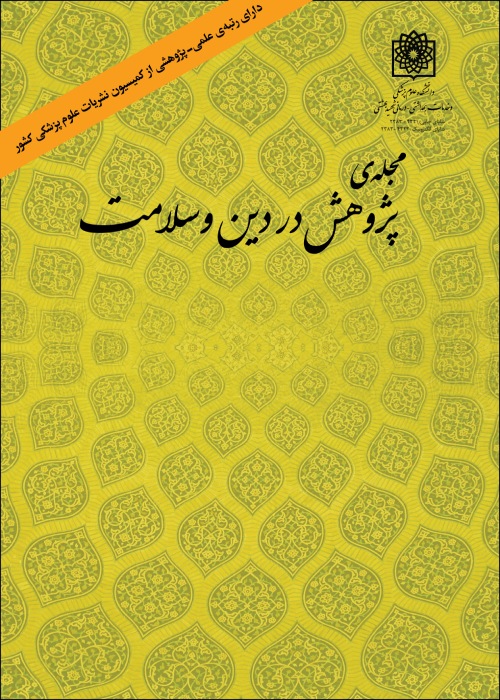The relationship between moral intelligence and demographic features of Payame Noor University students of Khoy and Mahabad with special emphasis on Quranic and psychological teachings
Through efficient use of intelligence capacity, thinking, and effective training, moral intelligence can play a significant role in all walks of human life. The current study aimed to explore the relationship between moral intelligence and demographic features of Payame Noor University students of Khoy and Mahabad.
The study adopted a descriptive-correlational design and was conducted following a cross sectional procedure in 2017 among Payame Noor University students of Khoy and Mahabad. The statistical population comprised all students studying at these two universities. Out of them, 101 students were selected from different fields of study through stratified random sampling. The data were collected using a two-section survey; the first section gathered information about the participants’ demographic characteristics such as gender, age, marital status, and the educational center. The second section comprised Lennick and Kiel’s moral competency inventory (MCI). The reliability of this inventory was found to be 0.86 using Cronbach’s alpha. All ethical issues were observed in this study and the researchers did not declare any conflict of interests.
The mean score and standard deviation of the students’ moral intelligence were 71.1 and 10.5 respectively, which indicates their acceptable level of moral intelligence. Furthermore, older students enjoyed higher levels of moral intelligence in comparison with their younger counterparts. Significant associations were also observed between moral intelligence subscales and some demographic features of the students.
Identifying and using some methods to enhance students’ moral intelligence can result in their positive attitude and eventually lead to richer general culture and improvement in their performance. Thus, attempts to identify and nurture moral intelligence subscales have a critical impact on students’ educational, professional, and family-related future
- حق عضویت دریافتی صرف حمایت از نشریات عضو و نگهداری، تکمیل و توسعه مگیران میشود.
- پرداخت حق اشتراک و دانلود مقالات اجازه بازنشر آن در سایر رسانههای چاپی و دیجیتال را به کاربر نمیدهد.



